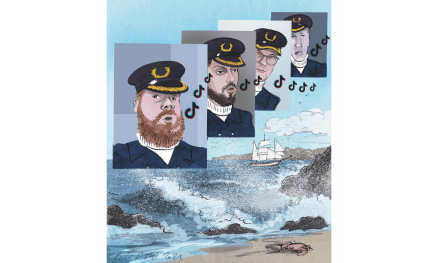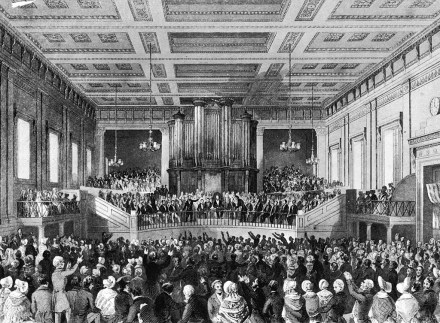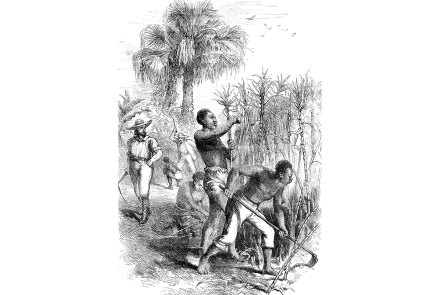How Britain smashed the slave trade
It was bound to happen sooner or later: a guest on the BBC’s Antiques Roadshow presented an artefact which derived from the slave trade – an ivory bangle. One of the programme’s experts, Ronnie Archer-Morgan, himself a descendant of slaves, said that it was a striking historical artefact but not one that he was willing to value. ‘I do not want to put a price on something that signifies such an awful business,’ he said. It’s easy to understand how he feels. The idea of people profiting from the artefacts left over from slavery is distasteful. Yet, as Archer-Morgan said, it is not that the bangle has no value: it





